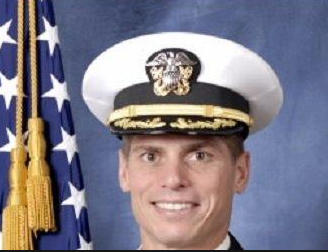Booz Allen Awarded $1 Billion Cybersecurity Contract

By Debbie Gregory.
McLean, Virginia-based government technology consulting firm Booz Allen Hamilton has won a $1 billion contract for up to six years to provide a suite of cybersecurity services to six federal agencies, the defense and cybersecurity contractor has announced.
Cybersecurity services will be provided to the General Services Administration, the Health and Human Services Department, NASA, the Social Security Administration, the Treasury Department and the U.S. Postal Service. With one base year and five one-year options, Booz Allen will help the federal agencies address cybersecurity gaps and help fortify the security of networks, systems and data.
The work will be part of the federal government’s largest cybersecurity initiative known as Dynamic and Evolving Federal Enterprise Network Defense and its Continuous Diagnostics and Mitigation program (CDM), which Booz Allen has supported for the past five years. Booz Allen also won a multi-million dollar contract in May for seven other agencies under the CDM project, which covers the Executive Office of the President and the Office of Personnel Management, as well as the departments of Energy, Veterans Affairs, Interior, Transportation, and Agriculture.
Booz Allen’s CDM program secures nearly 80 percent of the “.gov” enterprise, including 4.1 million network addressable devices, 1.75 million users, 19,700 sites and 89 individual federal organizations.
“Cyberdefense has become a race. And success means faster decisions and faster actions,” said Rob Allegar, Booz Allen vice president and lead for the CDM work. “We design Booz Allen’s CDM solutions to help agency leaders understand their attack surface, detect evolving threats, make informed risk-based decision, and act quickly.”
Founded in 1914 by a young college graduate in psychology named Edwin G. Booz, the company laid its foundation using new approaches to management that emphasized people, not products, were the key to unlocking an organization’s full potential.
Booz Allen shares (NYSE: BAH) climbed on news of the contract. Its stock has gained more than 50 percent in the past 12 months.











